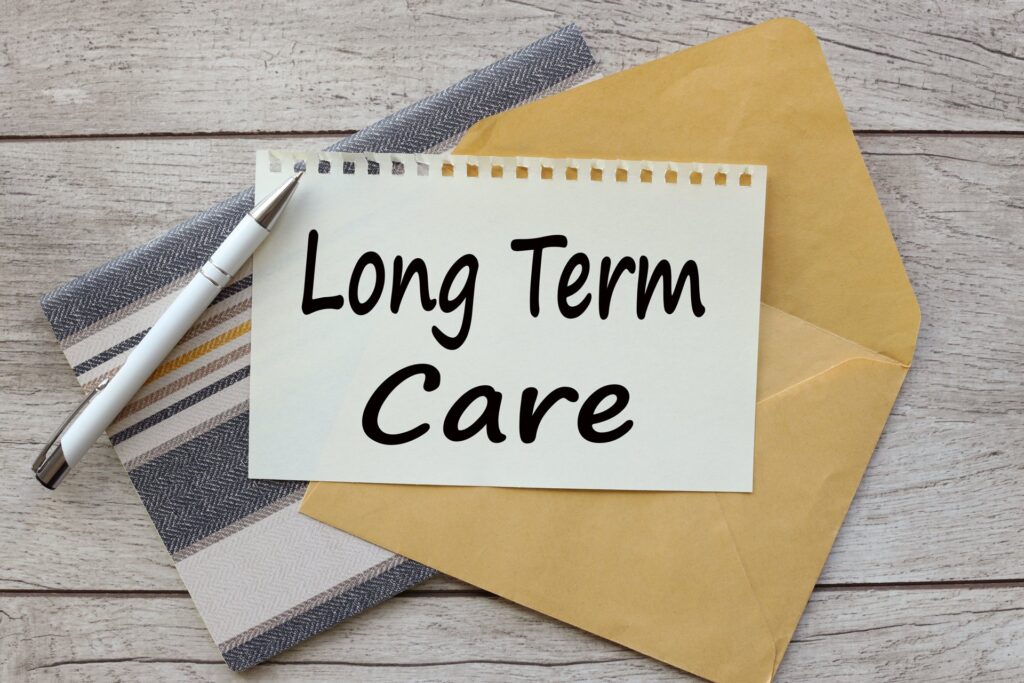
For the most part, people have a foggy understanding of their options for long-term care. Even people who are growing older may delay planning for the future, assuming that they’ll simply deal with it when the time arrives. However, this means that many seniors are left scrambling after they’ve suffered an unexpected fall or been diagnosed with a debilitating health condition. As current estimates project that slightly above fifty percent of all Americans 65 and older will eventually require long-term services and support, it’s essential that aging individuals start exploring their long-term care options. By examining the quality and costs of the various options available to you, you can move forward with the security of having a clear plan in place.
Aging in Place
For most Americans, the thought of remaining in your home for as long as possible is the most desirable option. In order to make this feasible, you’ll need to think about the logistical aspects of remaining in your home—will you need a ramp? Grab bars for bathing? Will you need someone to help you with light housework or cooking? Depending on your needs and your financial situation, some of these services may be covered by Medicare, at least partly or for a certain length of time. To learn more about how to take steps today to ensure that you are able to “age in place” for as long as you can, reach out to a knowledgeable long-term care planning attorney who can determine how to support your goal.
Independent Living
As many people age, they may decide to downsize and move into a smaller residence. Many independent living complexes allow people to live in their own private quarters, with an added social component facilitated by communal activities, outings, and other opportunities. In some facilities, meals and cleaning services are also included, removing much of the hassle of living on your own.
Assisted Living
For the most part, independent living complexes are similar to assisted living facilities. There are individual apartments, communal spaces, and other organized activities, but people in assisted living centers have greater access to care and monitoring services. Assisted living complexes are a good option for an aging parent with dementia, as there are more services available to residents who may require a higher level of care.
Nursing Homes
When someone requires care during the day and night, a nursing home provides skilled medical staff who can ensure that the individual receives the treatments and services they need. Medicaid typically covers many aspects of nursing home care, making it a fairly accessible option for lower-income individuals. While nursing homes may have developed a stigma over the years and may be considered to be the last resort option for many people, it’s important to do your research and go visit the nursing homes in your area to assess them with your own eyes. It’s likely that you’ll find at least one nursing home that will suit your needs.
Now is the time to start planning for your long-term care. Or, perhaps you have an aging parent who will soon require care, and you are curious about the available options in your area. Please contact Legacy Law Group at (509) 315-8087 to speak with an experienced and compassionate long-term care planning attorney who is committed to helping you achieve your goals.




